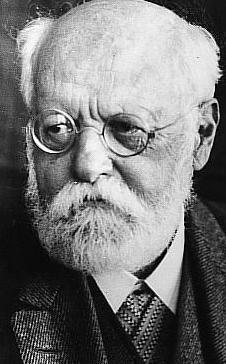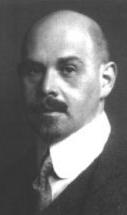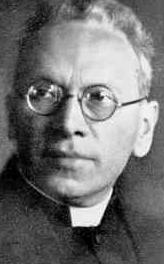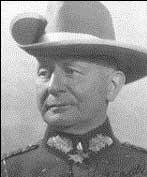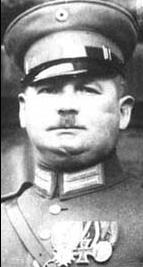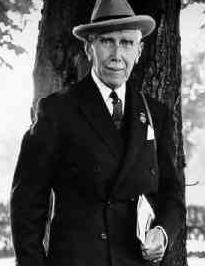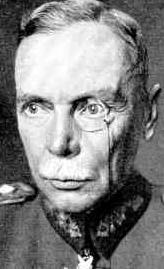German parties
From Kaiserreich
(WORK IN PROGRESS)
Germany is a federal semi-constitutional monarchy ruled by the German Kaiser (who is also King of Prussia). Although Germany has many political parties, the state policies are rather authoritarian. The Constitution of the Second German Reich has stood in place for 60 years. The Chancellor and Government are appointed by the Kaiser, but legislation needs to be approved by the Reichstag, a chamber elected proportionally by universal male suffrage, and the Bundesrat, consisting of representatives from each of the states. While the Reichstag is far from a rubber-stamp institution, and has become increasingly vocal and assertive over the past thirty years, it is not yet strong enough that it can actually bring down a Government. The relative weakness of the Reichstag has meant that a wide range of voluntarist pressure groups have sprung up, attempting to push forward a range of economic, political and sectional causes. In addition, the various states of the Reich have considerable autonomy and influence over local matters, including education, law enforcement and arts patronage. While many of the smaller states have extremely liberal constitutions, the unequal Estate-based electoral system for the Prussian Landtag remains a bone of contention.
Despite his authoritarian nature, the German political system is favourable to be multiparty; each one is representing some part of the Kaiserreich, and in these troubled times, each one can gain much power. The current Reichstag is ruled by a Ständischer Verbund majority, confident to the Kaiser's decision.
Contents |
Sozialdemokratische Partei Deutschlands
Created on May, 23 1863, the SPD (Social Democratic Party of Germany)
Main members:
President: Karl Kautsky, editor of the fourth volume of Karl Marx's Das Kapital, leading promulgator of marxism since Engels's death. Born on October, 16 1854
Representative at the Reichstag: Arthur Crispien, born on November, 4 1875
Representants from the other wings:
Democratic SPD: Hans Vogel, Otto Wels, Kurt Schumacher, Gustav Noske, Gustav Bauer, Conrad Patzig, Erich Ollenhauer, Eugen Gerstenmaier, Georg August Zinn, Hans Speidel, Josef Kammhuber
Syndicalist SPD: Karl Liebknecht, Rosa Luxemburg, Kurt Eisner, Bertolt Brecht, Paul Levi, Andres Hermes, Anton Ackermann, Franz Nowak, Jakob Kaiser, Otto Korfes, Otto Nuschke, Walter Freytag
Neo-Bolchevik SPD: Ernst Thälmann, Ernst Toller, Ludwig Renn, Walter Ulbricht, Albert Kuntz, Erich Mielke, Ernst Wollweber, Georg Derlinger, Helmet Herzfelde, Julius Leber, Karl Steinhoff, Wilhelm Pieck, Willi Stoph
Fortschrittliche Volkspartei
Created on March, 6 1910, the FVP (Progressive People's Party)
Deutsche Zentrumspartei
Created on December, 13 1870, the Zentrum (German Centre Party)
Nationalliberale Partei
Created in 1867, the NLP (National Liberal Party)
Grossdeutsche Volkspartei
Created in 1922, the GDVP (Greater German People's Party)
